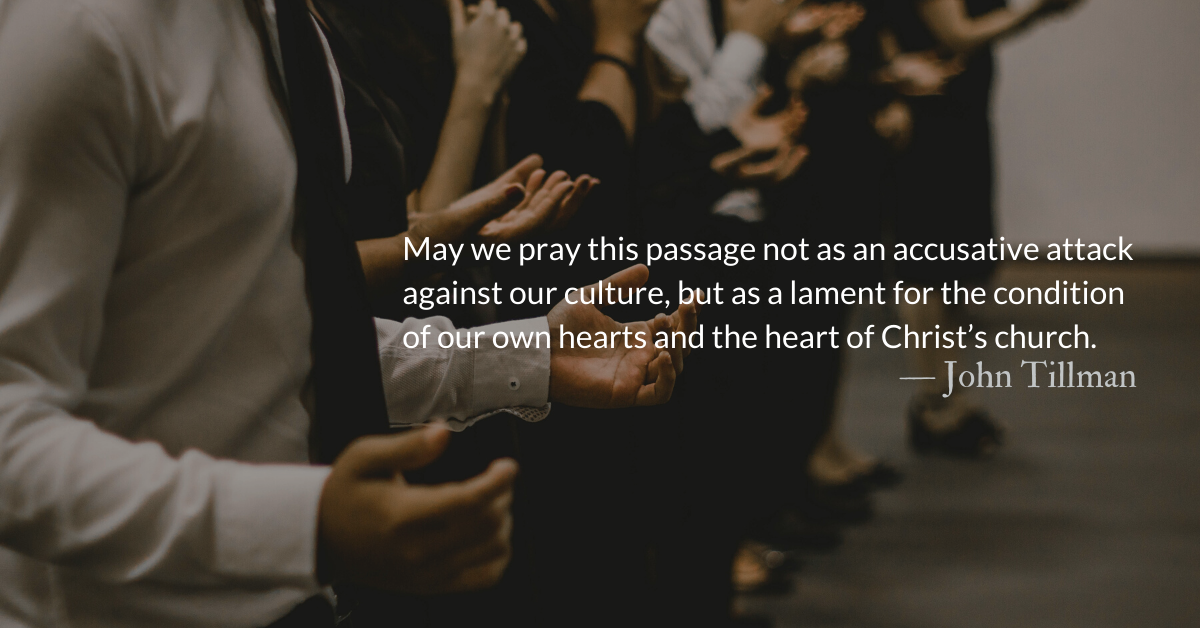Scripture Focus: 2 Kings 14.14
14 He took all the gold and silver and all the articles found in the temple of the Lord and in the treasuries of the royal palace. He also took hostages and returned to Samaria.
Reflection: The Plundering of God
By Erin Newton
Israel and Judah were cousins, descendants of Jacob, and called and bound to the Abrahamic covenant. But down the line, they traded brotherhood for hostility—peace for enmity.
The divided kingdom is a story of the darkest hours for God’s people. Not only were nations attacking Israel and Judah from the outside, but the two nations were attacking each other on the inside.
The king of Judah, Amaziah, went to battle against Jehoash, king of Israel. Amaziah was captured by Jehoash, and his family was taken captive.
This story is not drastically different from many of the conflicts between Israel and Judah in Kings. After capturing the king, they followed the common practice of looting the temple. Gold and silver were removed from the house of the Lord.
Looting the temple of God? The opposing army was their family! Did they not worship the same God? Were those vessels not designated for the God they also vowed to serve?
The movement of temple treasures reveals how common it was for items to be taken. An Egyptian king took treasures, and twice that was given to the king of Syria and the king of Assyria. In the midst of this plundering, the temple was twice repaired.
There was a tree in the center of my town. For decades it served as the community Christmas tree. Each December, the city came together to sing carols, drink wassail, and watch the lights burst forth on the tree during the crescendo of the final carol.
Recently, people began to take leaves off the lower branches. When those were gone, small limbs were snapped away. Slowly the tree was stripped bare. A storm came through one winter, coating everything with ice. The tree didn’t survive.
When I think about the plundering of the temple, I think of this tree.
I remember how it was my own neighbors and friends who slowly stripped bare the tree. I think of Israel stripping the temple of their God.
I think of Christians today, so caught up in fighting one another that the house of God is robbed, desecrated, and laid bare by the hands of those who say they love the God that dwells there.
Before we tear at each other, trading peace for enmity, may we pause and remember that we are bound by the same covenant and are branches on the same vine.
Divine Hours Prayer: A Reading
Concerning the commandments, Jesus taught us, saying: “This is the first: ‘Listen, Israel, the Lord our God is the One, only Lord, and you must love the Lord your God with all your heart, with all your soul, with all your mind, and with all your strength.’ The second is this: ‘You must love your neighbor as yourself.’ There is no commandment greater than these.” — Mark 123.29-31
– From The Divine Hours: Prayers for Summertime by Phyllis Tickle.
Today’s Readings
2 Kings 14 (Listen 5:06)
Psalms 64-65 (Listen 2:39)
Read more about Conflict’s Aftermath
When did we forget he is the Prince of Peace? Let us ask God to replace the festering anger in our hearts with love.
Read more about Reflecting the Unity of Christ
Prayers for unity and peace from brothers and sisters worshiping in places where violence is as common as bad traffic, are especially to be emulated …









